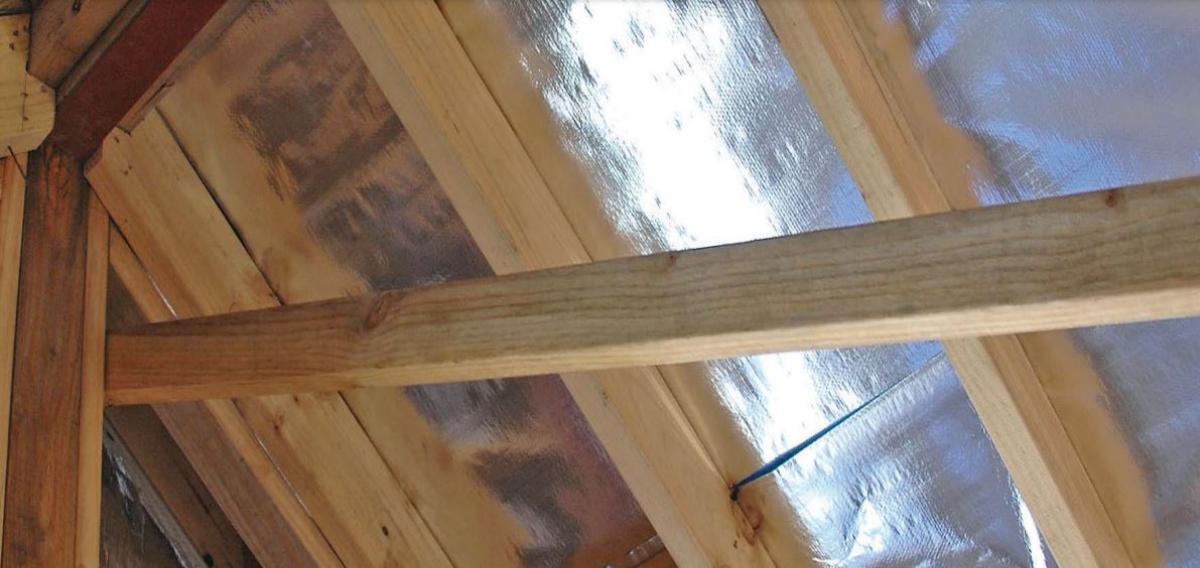In today's world, where energy conservation and sustainability are paramount, the importance of insulation cannot be overstated. While insulation comes in various forms and thicknesses, this article will delve into the reasons why thicker insulation is better. By understanding the science behind it, we can unlock the potential for enhanced energy efficiency and cost savings.
- Enhanced Thermal Resistance:
Thicker insulation provides increased thermal resistance, also known as R-value. R-value measures the material's ability to resist heat flow, and a higher value indicates better insulation. Thicker insulation materials, such as fiberglass or foam, have larger air pockets, which trap heat and prevent its transfer. This results in reduced heat loss during winter and minimized heat gain during summer, leading to significant energy savings. - Minimized Energy Loss:
Thicker insulation acts as a barrier against energy loss. It creates a more substantial buffer between the interior and exterior environments, reducing the need for excessive heating or cooling. By minimizing energy loss through walls, roofs, and floors, thicker insulation helps maintain a consistent indoor temperature, reducing reliance on HVAC systems and ultimately lowering energy bills. - Condensation Prevention:
Thicker insulation plays a crucial role in preventing condensation within buildings. When warm air comes into contact with cold surfaces, condensation can occur, leading to moisture-related issues like mold growth and structural damage. Thicker insulation with higher R-values helps maintain a more balanced temperature throughout the building envelope, reducing the likelihood of condensation and its associated problems. - Soundproofing Benefits:
Thicker insulation not only improves energy efficiency but also enhances soundproofing capabilities. The additional layers of insulation absorb sound waves, reducing noise transmission between rooms or from the outside environment. This is particularly beneficial in residential and commercial buildings located in noisy areas or where privacy is essential. - Environmental Impact:
Thicker insulation contributes to a more sustainable future by reducing carbon emissions. By minimizing energy consumption, buildings with superior insulation help decrease the demand for fossil fuels, thus mitigating the environmental impact of energy production. Additionally, thicker insulation materials often have higher recycled content, further reducing the carbon footprint associated with their manufacturing.
Conclusion:
Thicker insulation offers numerous advantages, including enhanced thermal resistance, minimized energy loss, condensation prevention, soundproofing benefits, and a positive environmental impact. By investing in thicker insulation, individuals and businesses can achieve superior energy efficiency, reduce utility costs, and contribute to a more sustainable future. Embracing the power of thicker insulation is a wise choice for both economic and environmental reasons.

